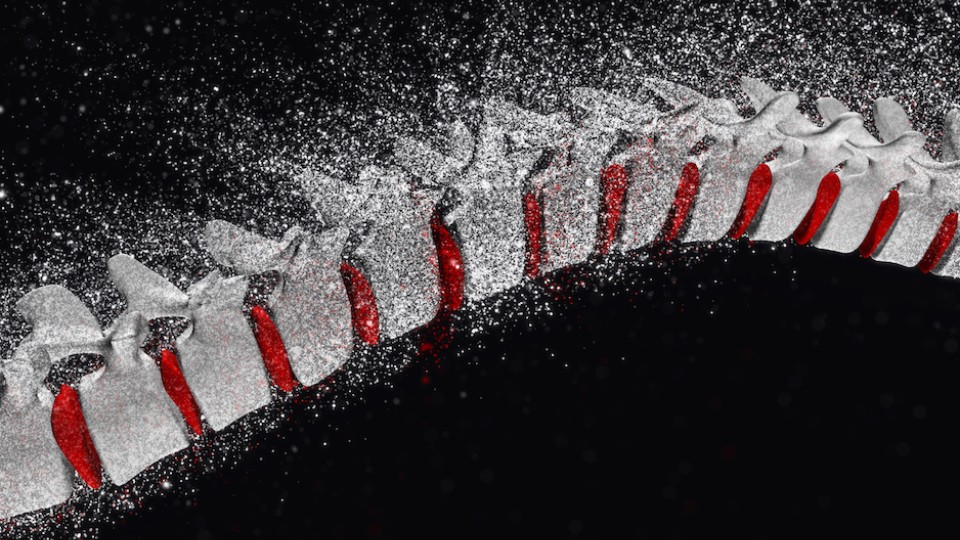
The vast majority of our bone mass develops during childhood and teenage years, but continues to develop until the thirties. After that, the mineral density of the bones gradually decreases with age. For women, menopause speeds up this process. Over time, it is possible to develop osteoporosis, a disease characterized by low density and bone fragility and it increases the risk of fracture.
Our lifestyle has a large influence on our bone mass and it is possible, through the diet, to maximize it in adulthood and slow down the bone loss associated with menopause and aging. Here are some nutritional tips to prevent the onset of osteoporosis:
Get Enough Calcium
Calcium is a mineral that contributes to the development and maintenance of bone strength. It is therefore important to consume enough of it. Men under 50 and pre-menopausal women must consume 1000 mg per day. Men over 50 and postmenopausal women should consume 1200 mg per day. Here is the calcium content of some foods:
- 1 cup of milk: 291-322 mg
- 1 cup of fortified soy milk: 321 mg
- 50 g of firm cheese: 396-506 mg
- 1 cup of cottage cheese: 146-265 mg
- ¾ cup of plain greek yogurt: 180-212 mg
- 75 g of sardine: 180 mg
- 150 g of tofu (prepared with calcium sulphate): 302-525 mg
- ¾ cup of white beans: 93-141 mg
- 100 g of tempeh: 250 mg
Get Enough Vitamin D
Vitamin D improves the intestinal absorption of calcium and thus improves the mineralization of bones. Since there are very few foods that contain vitamin D, it is almost impossible to reach recommendations through diet alone. On the other hand, our skin has the capacity to synthesize its own vitamin D when it is exposed to the rays of the sun. An exposure of 10 to 30 minutes a day is usually enough to synthesize the amount of vitamin D we need. However, there are several factors that can affect skin production of vitamin D, such as age, skin pigmentation, use of sunscreen, time of day, season and latitude. This is why vitamin D3 supplementation is the best way to ensure optimum intake, especially between October and April. Men under 50 and pre-menopausal women are advised to take 1000 IU daily. Men aged 50 and over and postmenopausal women should take 2000 IU per day.
Other factors that can have an impact
- Take a sufficient amount of protein, without taking it in excess. Protein requirements vary greatly from one person to another, but in general, 1.2 to 1.6 g of protein per kg of body weight can meet the needs.
- Consume a large quantity of fruits and vegetables.
- Limit your caffeine intake to less than 400mg a day (the equivalent of 4 cups of coffee).
- Drink alcohol reasonably. Stop smoking.
- Stay active by adopting these balanced lifestyle habits, therefore you put every chance on your side to prevent osteoporosis!





